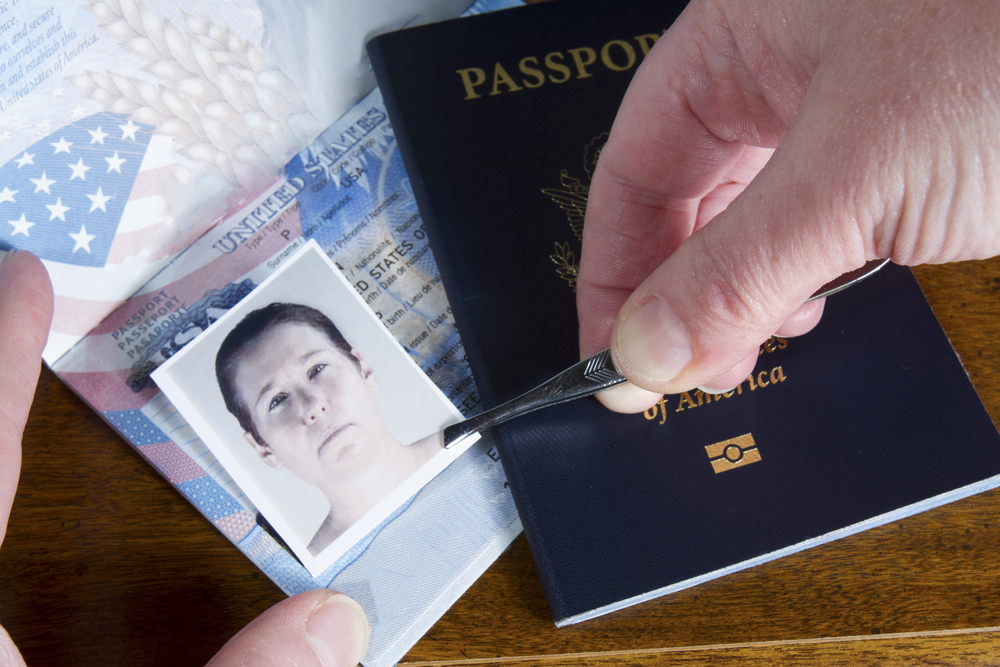
The International Criminal Police Organization (Interpol) recently held a three-day training course in Thailand, which discussed various ways law enforcement entities can identify individuals who use forged travel documents.
Participants included law enforcement officials, immigration agents, customs and border protection agencies, forensic document laboratories, and chemical investigation units from Thailand, Cambodia, Myanmar, Laos, and Vietnam.
“Counterfeit currency and travel documents are challenges that require urgent effective solutions,” Major General Choochat Thareechat, commander of the Thai Immigration Bureau’s Investigation Division, said. “These often feed other serious crimes and major threats which not only pose risks to national security, but also can greatly affect security on regional and global levels.”
Participants were also briefed on the use of the organization’s Stolen and Lost Travel Documents (SLTD) database, along with its Dial-Doc platform.
The SLTD database contains approximately 72 million records from 175 countries and allows officers at ports of entry to directly query a traveler’s documents to find out if anything has been lost or stolen.
Dial-Doc gives officials from Interpol member countries the ability to check if a travel document is fake with the use of comparison images of recently-detected counterfeit documents from all over the world.
The course also included presentations on operational activities and border management, along with case studies on document security from the secured documentation company SICPA.

